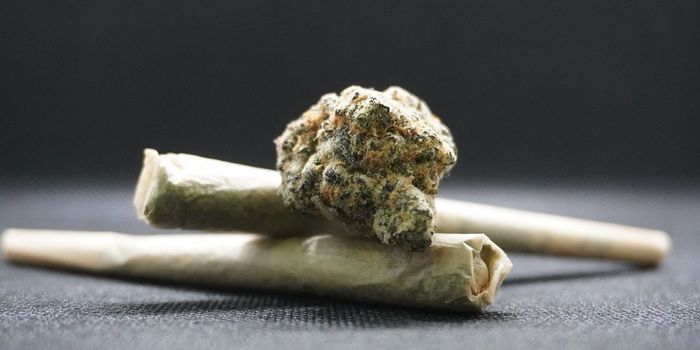What is cannabis hyperemesis syndrome?
With more states and countries legalizing cannabis, medical professionals are witnessing an increasing number of patients suffering from cannabis hyperemesis syndrome (CHS). This disorder is usually characterized by intense stomach pain, waves of nausea, and recurring bouts of vomiting. Cannabis is known for anti-emetic properties and often recommended to patients with intractable nausea, but not all strains relieve nausea. In fact, certain strains can have a pro-emetic effect on some cannabis consumers. A recent survey analysis and genomic investigation published in Cannabis Cannabinoid Research compared patients with a CHS diagnosis and ongoing symptoms with control participants reporting no CHS symptoms. This study is the first to note CHS associated genetic mutations affecting neurotransmitters, the endocannabinoid system, and cannabinoid metabolism.
The analysis found that 93% of the patients and controls were regular users of cannabis flower or concentrates (93%) and consumed multiple grams of THC-predominant product daily. About 87.7% of patients improved after stopping consumption, and many patients experienced relief within a few weeks or months after smoking cessation. Nausea and vomiting started again for most patients who resumed cannabis use.
A Colorado study found that gastrointestinal distress was the most common reason for cannabis-related ER visits. Since CHS shares some common symptoms with other disorders, many patients receive an inaccurate diagnosis when they first seek medical treatment, and some patients report making multiple emergency room visits or doctor’s office visits before proper diagnosis. Common anti-emetic drugs are not usually effective for cannabis hyperemesis syndrome, so most medical professionals strongly recommend stopping smoking.
It is important to treat CHS because it can lead to severe chronic pain, dehydration, and electrolyte abnormalities. A 2017 analysis published in the Journal of Medical Toxicology summarized the evidence found in research articles and case reports on CHS diagnosis, pathophysiology, and treatment. The study indicated intravenous fluids, dopamine antagonists, topical capsaicin cream applied to the stomach, hot showers, and avoidance of narcotic medications reduced or eliminated symptoms.
Sources:
Journal of Medical Toxicology, NIH: Cannabinoid Hyperemesis Syndrome Survey and Genomic Investigation








